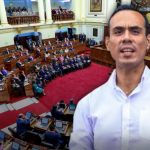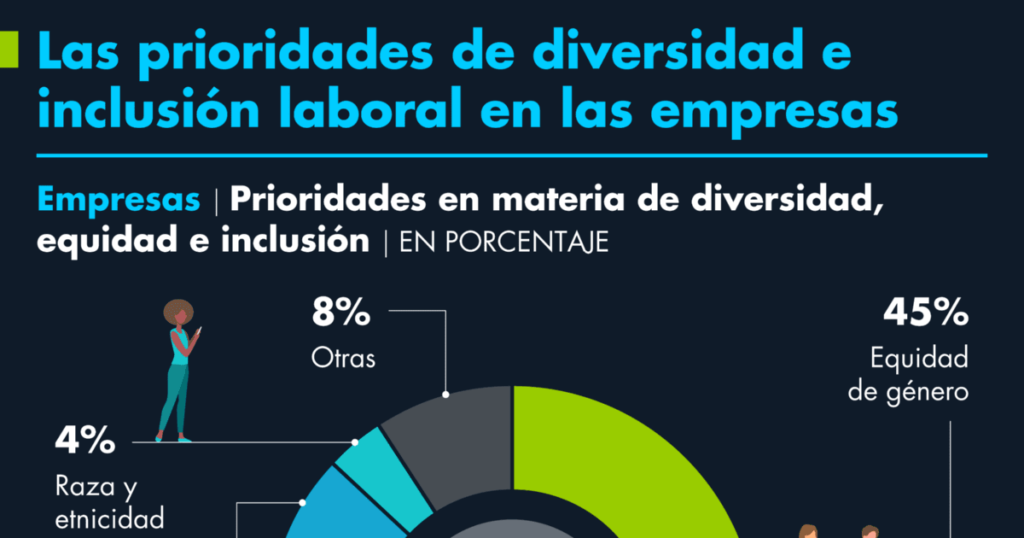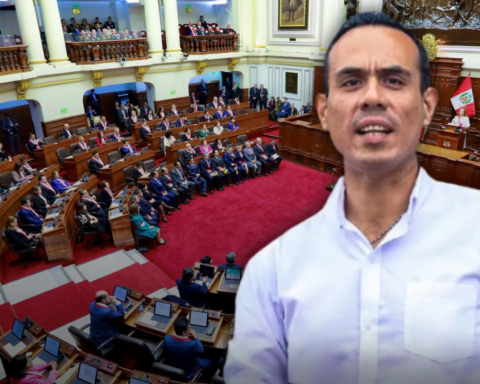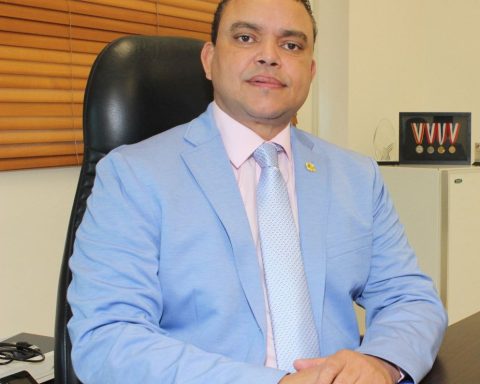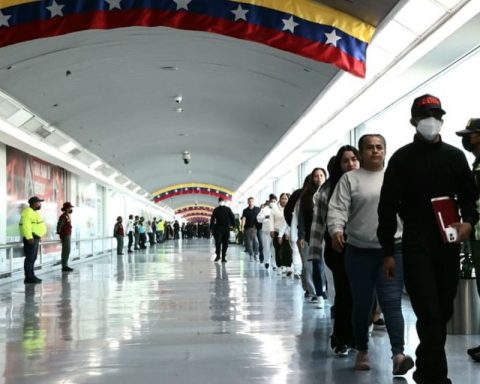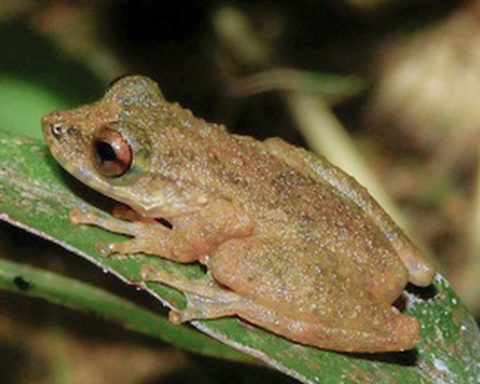In the Colombian Pacific, three Afro-Colombian women crossed by violence are at the gates of power. Each one on their own, seeks the votes that underpin the political rise of Afro women after centuries of exclusion.
(2022 Voting Jury: This is what you should do if you can’t attend.)
Francia Márquez, Caterine Ibargüen and Zenaida Martínez They are candidates in the legislative elections or primaries on March 13 and face double discrimination: by women and blacks. There is a “machista bias that runs through all electoral politics” and “in the case of black women it is much worse,” Maryluz Barragán of the NGO for racial equity Ilex Acción Jurídica told AFP.
According to official statistics, 9.3% of the 50 million Colombians recognize themselves as Afro and of these, 30% are poor. However, the communities denounce underreporting. Today, the government cabinet has only one black woman and two are congressmen in a 280-member bicameral body.
(These are the electoral cards for the elections on March 13, 2022).
The AFP accompanied the three applicants in their campaign for the Pacific region, where most Afro-descendants are concentrated and the violence that followed the 2016 peace agreement with the extinct FARC guerrilla is raging.
MARQUEZ, THE COURAGE
Fist held high and gaze stern, Francia Márquez (40 years old) walks surrounded by followers and bodyguards through the town of Buga (southwest). She comes from filling a university auditorium. They hug her, take pictures with her and wave yellow flags with the slogan “no more silence.”
“The nobody, those of us who do not recognize our humanity, those of us who do not recognize our rights in this country, stand up to change history, to occupy politics,” he proclaims.
in 2019 survived an attack with grenades and rifle bursts. They wanted to kill her for defending her water in the Afro communities. A year earlier, she had received the Goldman Prize -also known as the Nobel Prize for the environment- for defending the exuberant nature of the department of Cauca, her birthplace.
Márquez launched himself into politics before the “impotence of so much injustice” and because “violence has been raging (…) against the most vulnerable people.” He has won followers with his frontal speech on violence, inequality and poverty. “The policy is anti-racist or it won’t be. The policy is anti-patriarchal or it won’t be,” he tells AFP.
The also lawyer competes with former guerrilla Gustavo Petro, favorite in all the polls, to represent the left in the presidential elections on May 29. If she achieves a significant vote, Márquez could be a vice-presidential formula or part of a future government.
IBARGUEN, OVERCOMING
The best athlete in the world in 2018 and Olympic champion in triple jump in 2016 set a new goal: to be “the senator of the afros”. Caterine Ibargüen seeks support at a popular restaurant in Cali. “What really inspires me in politics is the tiredness” with the social mistreatment of blacks, confesses the 38-year-old athlete with a broad smile, who resigned from the tracks after the Tokyo-2020 Olympics.
Originally from the banana municipality of Apartadó, Ibargüen escaped in strides from a land of violence and without opportunities: “I was raised by two women who are my grandmother and my mother. My father had to leave the Urabá area as displaced by violence therefore, out of fear.”
In the midst of his campaign, Ibargüen visited Cali, the heart of the massive protests that broke out in 2021 against President Duque. Popular anger uncovered a hidden racism and class hatred in Colombia’s third largest city, with a black majority (52%).
“Everything I am, I am for sport (…) it opened my mind, it opened spaces for me, with sport I was able to transform my family’s lifestyle,” says the candidate of the Partido de la U.
Accompanied by leaders and singers from the Pacific, the athlete listened to their concerns. “My commitment is not with politics, my commitment is with you, with my community. Lying to you is lying to my family, my people, my dreams and my values,” she promised them with a broken voice.
MARTINEZ, THE RESISTANCE
Fear throbs on the dusty roads of northern Chocó. Zenaida Martínez, 57, makes her way escorted by two men in a pickup truck with tinted windows. Displaced by the violence of the extinct FARC and threatened by new armed groups that she prefers not to identify, the woman tirelessly travels through one of the most neglected areas by the State.
“We live in extreme poverty (…) here we don’t have drinking water, we don’t have basic sanitation, we have the armed conflict within the territories,” laments the social leader short stature and hoarse voice. A mother of five children, Martínez risks her life in her protest against the dispossession of land and in defense of black victims of the conflict.
When the FARC took over her village in 1997, she took refuge in the jungle clinging to her children. He never came back. Today he moves between houses painted with the insignia of drug trafficking groups. All around there are rivers, jungle, misery, distrust, supplications. Martínez competes for one of the 16 seats reserved for the victims after the peace agreement.
“Yes there are victims and we have not been repaired (…) We exist every four years when the traditional parties come to seek votes. From there to there we neither add nor subtract,” he deplores. And although fear silences her at times, it also gives her strength. “That fear of me has made me more powerful,” she says.
AFP







